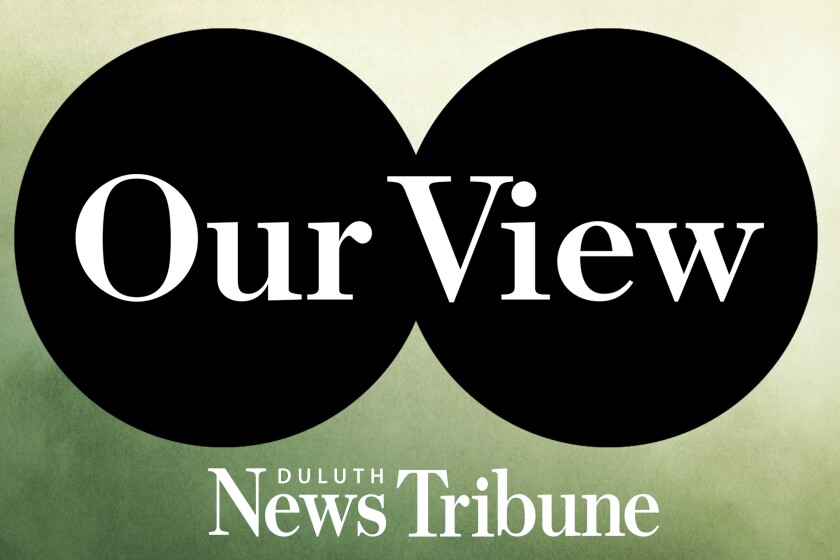Used to be there was only one reason for a session of the Minnesota Legislature in an even-numbered year like this one: pass a bonding bill to keep up with the responsible maintenance of public amenities and shared public spaces.
While a bonding bill remains a high priority when elected lawmakers from across the state return to St. Paul today, an inundation of other issues is vying for attention, too, many of them important and pressing.
And at least two issues demand immediate action: voter privacy and insulin.
In less than three weeks — on Super Tuesday, March 3 — Minnesotans will vote in a presidential primary, the state’s first in decades. That is, if they don’t choose to opt out instead, and there’s good reason right now for doing just that. To get a ballot, voters will need to declare their party affiliation, and when they do their names will go on lists of each party's participants. Those lists will then go to the parties. The chances of the voter lists being leaked and made public? Or of someone overhearing a voter's party declaration inside their polling place? Good enough that would-be voters are already declaring they won’t take part. Plenty of voters' jobs or other circumstances demand political privacy. Consider clergy, journalists, and others.
The Legislature can ensure polling-place privacy in the primary and encourage more Minnesotans to participate. Several safeguards are being pitched, including party-affiliation data going only to national party representatives, the data only being used to guarantee the primary's validity, and the lists of names being kept private under Minnesota's Data Practices Act. Another proposal would allow voters to opt out of their party affiliation being recorded. Lawmakers can decide what steps are most appropriate in the session’s opening days — or, better yet, today on day one. Republicans and DFLers can work together, recognizing that no voter should have to pick between forfeiting privacy or sitting this one out.
ADVERTISEMENT
Legislators can also immediately address another impossible choice being made by far too many Minnesotans: paying for their lifesaving insulin medication or using their limited resources for other necessities like rent or food. The heartbreaking story last year of Alec Smith — a 26-year-old diabetic from Minneapolis who lost his health insurance, couldn't afford his insulin, and then lost his life trying to ration what he had — brought necessary attention to the tragic problem. But even Minnesotans dying wasn't enough to inspire an immediate willingness among DFL and Republican lawmakers to work together to make insulin more affordable. A compromise bill should have been passed late last session. Or in a special session, at the latest. Shamefully, legislation remains urgently needed.
Like voter privacy, affordable insulin can’t be allowed to get lost in the opening moments of 2020 lawmaking — even with a $1.3 billion surplus, taxes, firearms restrictions, child care, housing, voter ID, school choice, sick and safe time, and more all screaming for attention and debate.
And screaming loudest will be the bonding bill. Gov. Tim Walz has proposed about $2 billion of projects. Closer to home, Duluth Mayor Emily Larson has said the city would seek $13.5 million to shore up our shoreline, including seawall repairs and the fortification of our storm-battered Lakewalk and Brighton Beach. Other city bonding priorities include the Depot, Lake Superior Zoo, the port, Northern Lights Express, and Minnesota’s TV and film industry.
It’s a lot of reasons for a session in an even-numbered year. And plenty of work ahead — starting with the immediate priorities.








